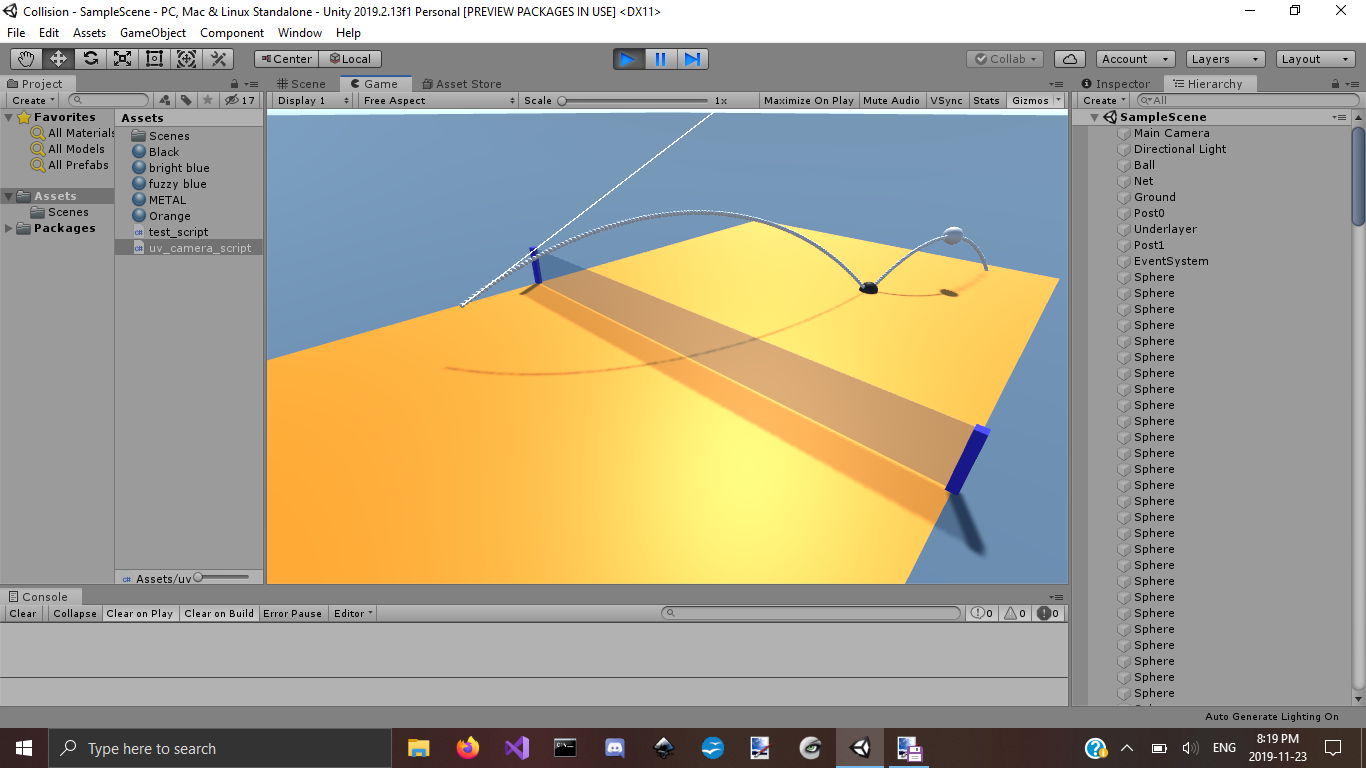_Silence_ said:
To an extend, all of it depends on what you want to simulate. Game Physics, by David Eberly might be a book you can be interested in.
I am looking for a Portuguese version of this book, there's probably only the English version. I will read it anyway, it is really of my interest. Also, my goal is to simulate real life-based physics for a sandbox project (it doesn't have to be the most realistic thing in the world, I just thought it would be an interesting idea. I want to try this, it's a challenge that can provide me a lot of knowledge and new discoveries).
_Silence_ said:
Sure, up to a certain point. Newtonian mechanics is usual in most physics engines for games. This covers all the dynamics, cinetics and cinematics. Some fluid mechanics too, if they don't delve too much into the details. You can even simulate electro-magnetism.
I think it is enough for my project, I am happy that my idea is possible in some way. If I need anything more advanced than that (which I think is unlikely to happen) I will find some solution. My biggest interest is to be able to create customized physics.
taby said:
Mind you, the code is 95% the same between C++ and C#, so the link that I gave you in my previous post isn't a total waste of time. The only big difference is that I use a vector in C++ and a List in C#.
I'm looking at the code and thinking about how I could take advantage of it in a sandbox game, this is not a waste of time. Thank you so much (you both)


.png)








